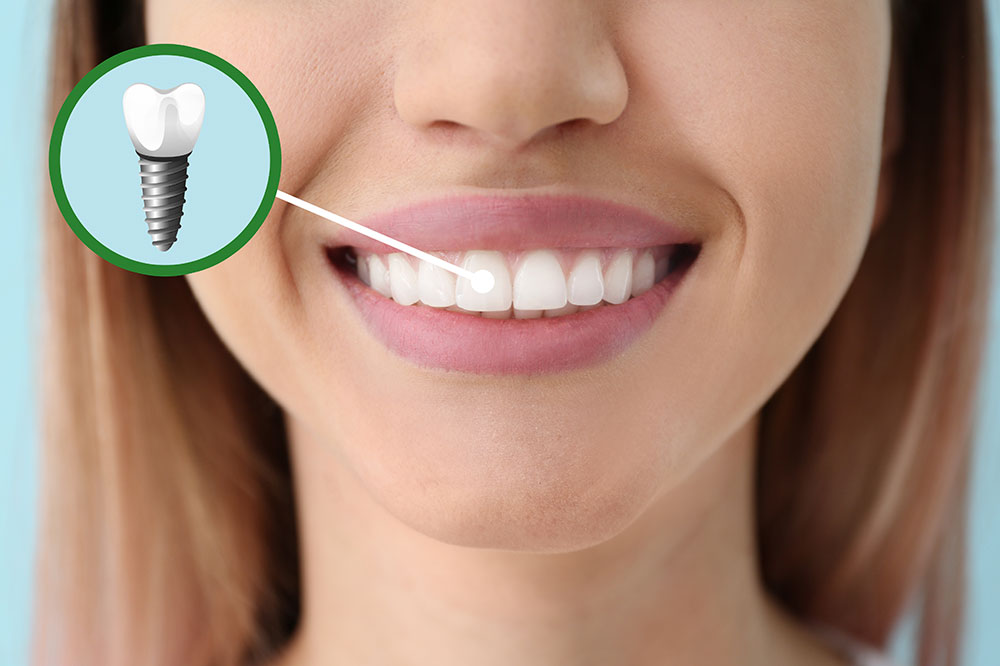6 Foods That Are Good For Digestion

Several factors help in making the digestion process easier. While eating a balanced meal, drinking plenty of water, and getting enough exercise is important, there are some foods that give the body an added advantage when it comes to the process. High-fiber foods like fruits and vegetables; foods rich in probiotics like yogurt and kimchi; and lean protein options like chicken or fish make for some excellent choices for good digestion.
Gut-friendly foods
Yogurt
Probiotics are microorganisms that restore the balance of good and bad bacteria in your gut. Since yogurt is packed with probiotics, it helps improve digestion by making it easier for your body to absorb nutrients from food.
Yogurt also contains some vital nutrients that are required by the body. It is an ideal source of calcium, which keeps the bones and teeth healthy. It can also help to reduce the symptoms of irritable bowel syndrome (IBS), which is an illness that causes abdominal pain, bloating, and constipation.
Bananas
Bananas have a lot of fiber in them. They also are good sources of potassium, which can help regulate fluid levels in the body. Potassium is also responsible for maintaining electrolyte balance. Bananas are also low-acid foods, which can help to reduce heartburn and other digestive issues. The fiber in them keeps the digestive system clean and free of toxins. It can also be effective in regulating bowel movements and preventing constipation.
Additionally, bananas contain enzymes that help to break down food and make it easier for the body to absorb nutrients. They also contain prebiotics, which is a type of fiber that helps promote the growth of healthy bacteria in the gut.
Salmon
Salmon is a good food for digestion because of its high protein and omega-3 fatty acid content. It also contains Vitamin B in large amounts. These nutrients are crucial to maintain a healthy digestive system.
Another reason salmon is a healthy option is that it contains anti-inflammatory properties. Inflammation can cause digestive problems such as irritable bowel syndrome (IBS). Salmon can help to reduce inflammation in the digestive tract, which can help ease symptoms of IBS.
Oats
Oats essentially are cereal grains that are packed with fiber. They are a good source of magnesium, which is involved in over 300 different biochemical reactions in the body. It is needed for muscle and nerve function, blood sugar control, and blood pressure regulation. Magnesium can also keep constipation and diarrhea at bay.
Oats also contain prebiotics, which is a type of fiber that helps the growth of good bacteria in your gut. Furthermore, this whole grain food contains both soluble and insoluble fibers. When dissolved in water, soluble fiber forms a gel-like substance that helps slow digestion and prevents conditions like constipation. Insoluble fiber does not dissolve in water. It therefore helps to add bulk to the stool and moves food through the digestive system more quickly. This too helps in the prevention of constipation.
Oats also contain a type of soluble fiber called beta-glucan, which has been shown to reduce cholesterol levels and improve blood sugar control. All of these factors contribute to improved digestion.
Oats are also a good source of vitamins, minerals, and antioxidants. They are low in fat and calories, and do not contain cholesterol or sodium.
Almonds
Almonds contain healthy fats, which are required to keep the digestive system functioning properly. These versatile nuts are also a good source of vitamins, minerals, and fiber. Almonds contain a compound called amygdalin, which helps break down fats and proteins, making them easier to digest.
The presence of oleic acid, which is a fatty acid, helps to reduce inflammation in the digestive tract. Thus, eating almonds can be beneficial for those suffering from Crohn’s disease or ulcerative colitis.
Broccoli
Like oats, broccoli also contains prebiotics and is rich in fiber. Additionally, it contains vitamins A, C, and E, which are important for gut health. Vitamin A helps maintain the lining of the gastrointestinal tract. Vitamin C is effective in fighting inflammation. Vitamin E is important to protect the cells of the gastrointestinal tract from damage.
Broccoli contains a substance called sulforaphane, which helps to protect the lining of the stomach and intestines from damage. It also has anti-inflammatory properties that can ease inflammation in the digestive system.
Some other foods that can help are:
Ginger
Papaya
Apples
Kefir
Kimchi
Beets
Whole grains
Pineapple
Chia Seeds
Beans
There are multiple factors that can improve digestion. Deciding to eat healthier meals is one big step in the right direction.






